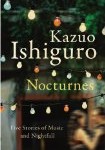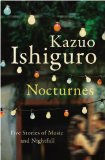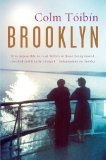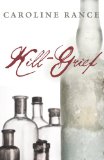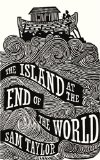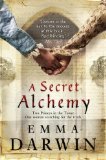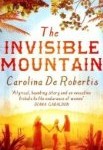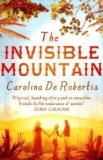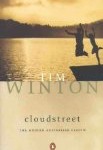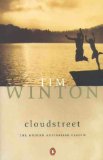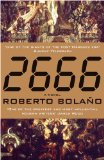I haven’t read any of Kazuo Ishiguro’s books before, although have a few here in the TBR pile and have heard only good things about his writing. I wasn’t planning to read this one, but then I spotted someone returning it at the library. I know how hard these new releases are to borrow and so snapped up the chance to get it, but when I got it home I realised that it wasn’t really my sort of book. I’m not a fan of short stories and a quick scan through the blurb revealed the stories to be based around music – something I like listening to, but have no real passion for.
I read the first story, and had almost decided to return it to the library when I spotted Jane’s review. She urged me to continue, highlighting the fact that it is a quick, well written read. I agree with her, and in many ways I am pleased that I read it all the way to the end.
The stories are all based around ‘music and nightfall’ and while they are well written, they encounter the major problem I have with short stories, which is that the moment I start to bond with the characters and become interested in their story, they are gone. The depth and complexity of plot which I love in a novel can never be present in a story lasting just a few pages.
Each of the stories was based around the lives of reasonably normal people, and so didn’t give any insight into different lives or ways of thinking, as in The Thing Around Your Neck (one of the only short story collections I’ve ever liked). The plots were all quite gentle, and this book reminded me of Brooklyn, the Booker prize nominated book, which I read recently. I think anyone who loved Brooklyn would enjoy reading this collection, especially if you are a music fan.
If you enjoy reading short stories, then this is a reasonably good collection, but it wasn’t for me.
I’m planning to read at least one of Kazuo Ishiguro’s books before the end of the year.
Which one do you think is the best?
